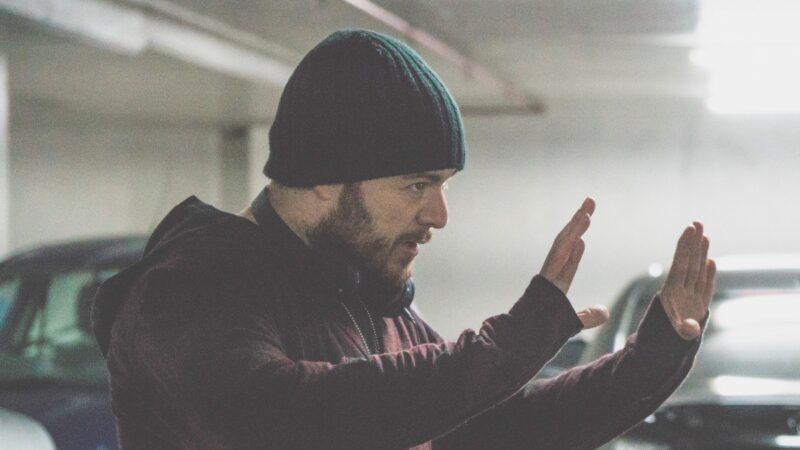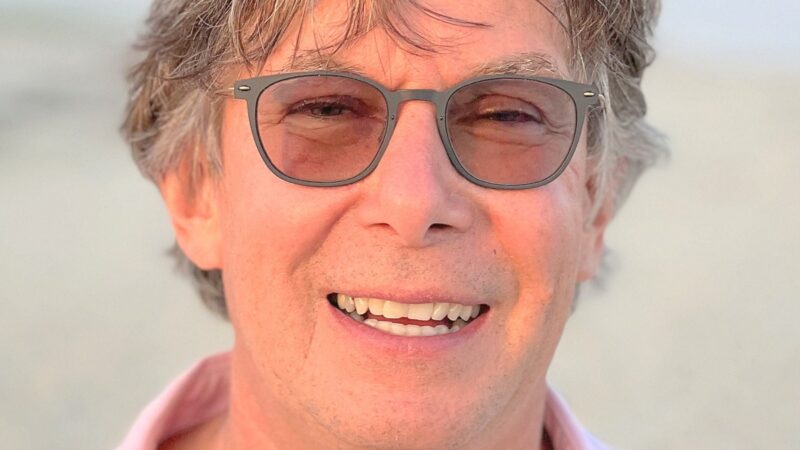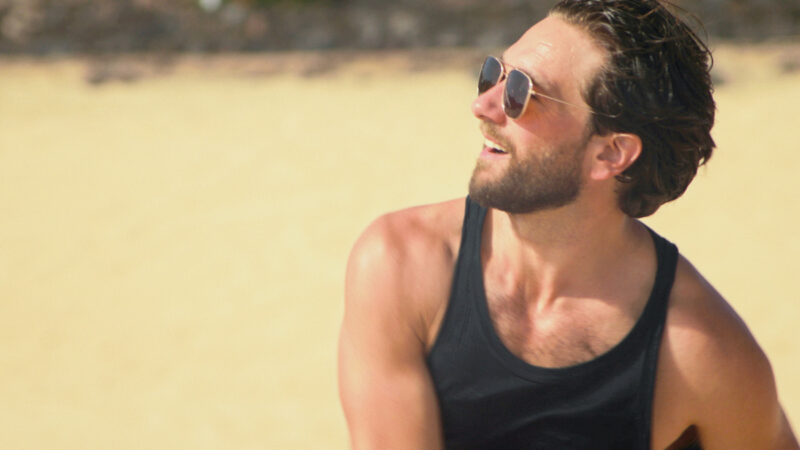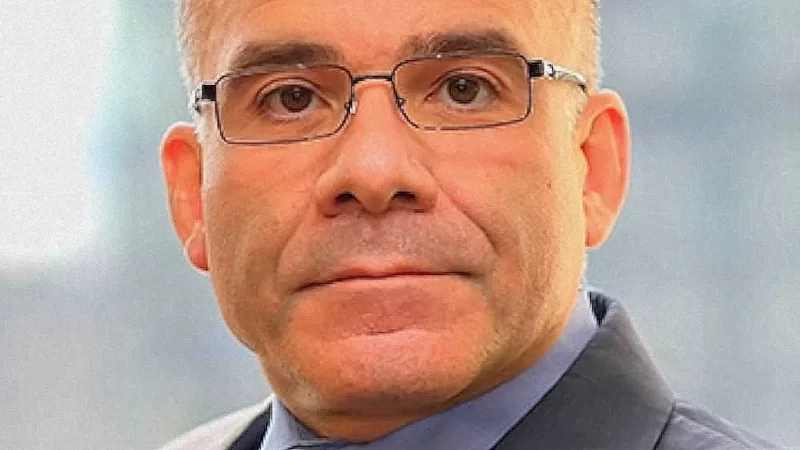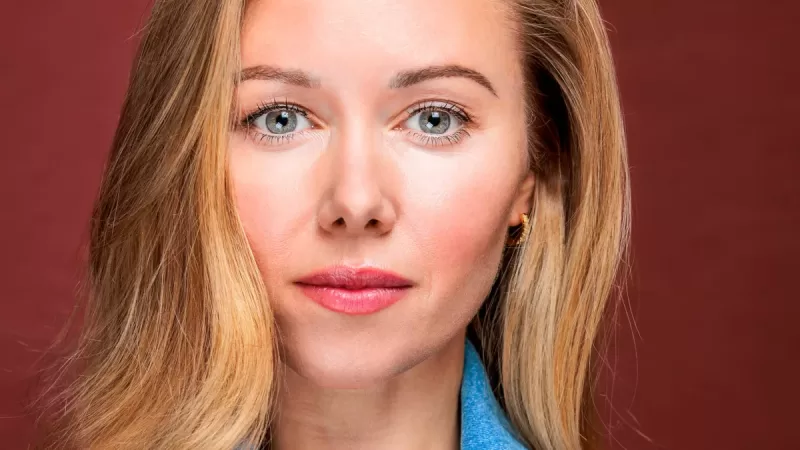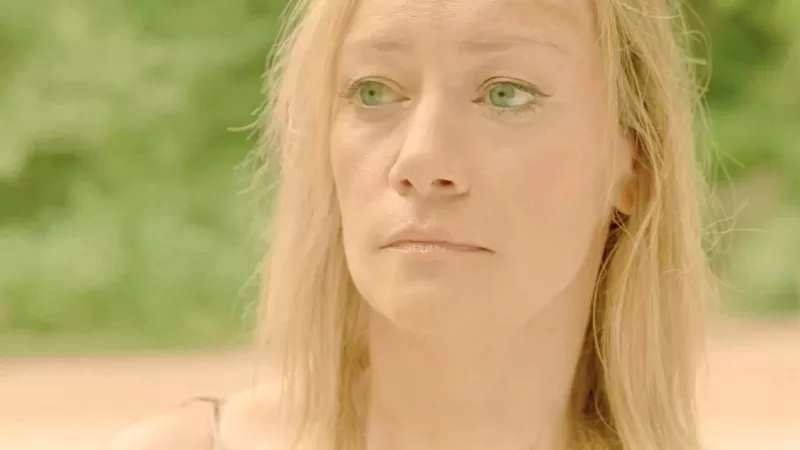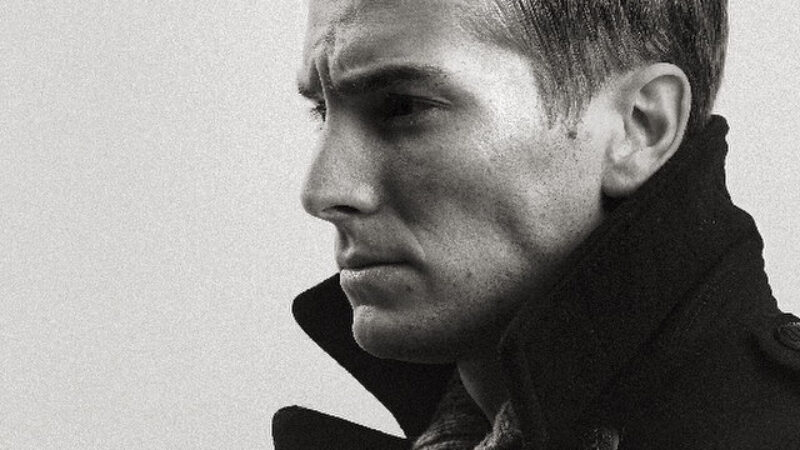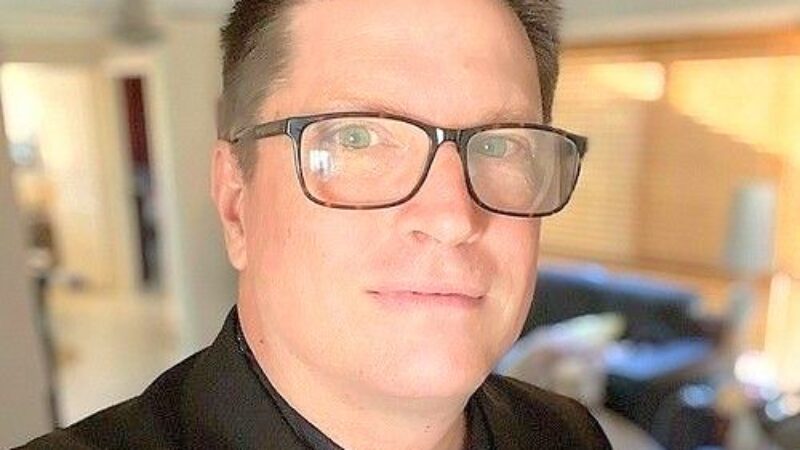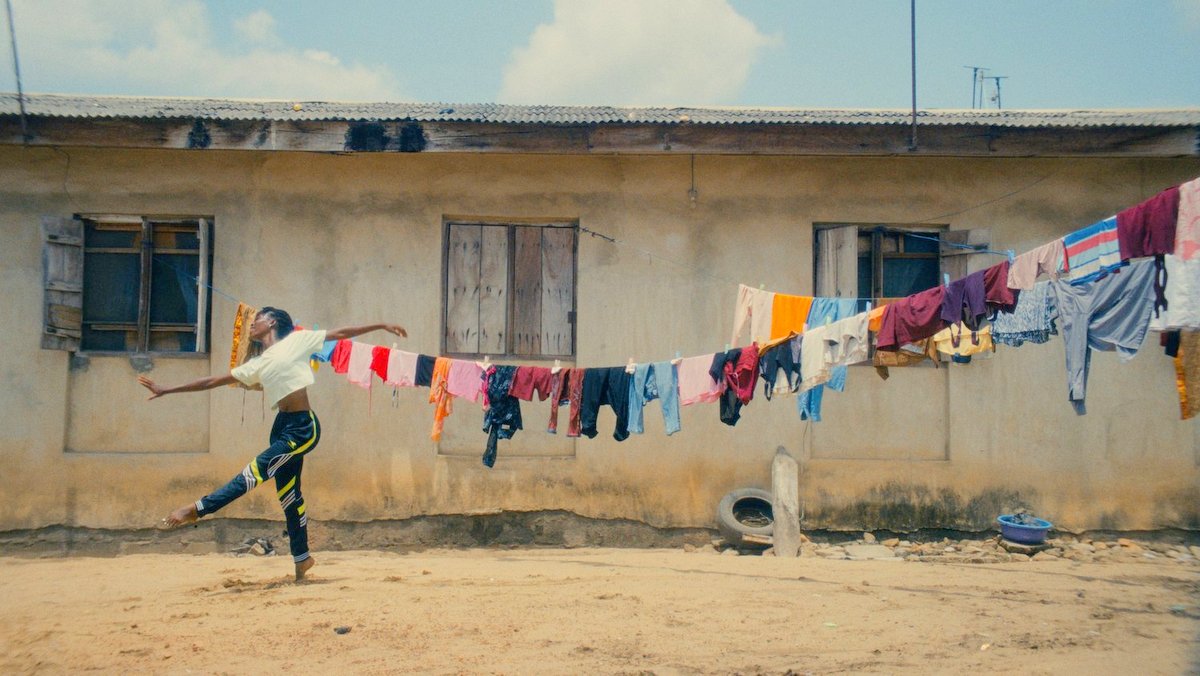
Jacob Krupnick is an award-winning filmmaker based in New York. He is focused on creating stories from unexpected points of view. He use dance & movement to expand the idea of what an adventure, a love story, or a social commentary looks like. He also make commercial work and run the creative studio
Wild Combination.
indieactivity: How did you get into directing? How would you describe your style?
Jacob Krupnick (JK): I jumped from photography to filmmaking when the cameras I owned started shooting film. Classic story for people around 2010. Not long after, I made a feature-length dance film called Girl Walk // All Day set in the public spaces of New York. It was an early Kickstarter project, and an act of committed amateurism… I wrote, shot, directed, and edited the piece with the help of some ride-or-die allies.
That project spoke to a lot of my interests — music videos, public space, camera movement — and sparked new ones, like the act of sharing work in public for people to enjoy. Since then, I’ve been exploring how public space can be used for performance in ways that feel exciting and unexpected. I don’t come from a dance background, so my process is super collaborative with people who will be on camera.
Do you hire a casting director, or cast yourself? If so, what criteria go into your casting?
Jacob Krupnick (JK): Casting for dance work is an interesting challenge: the most exceptional, or acrobatic, or precise performers aren’t necessarily the people I’m drawn to as characters. Most of my discovery comes through Instagram, and that veers younger and more attention-seeking, and it’s important to try and break up that bias.
The Official Trailer for Then Comes The Body
I really need to know a bit about a person in order to imagine casting them, because I know that our dialogue will require us both pulling from our own life stories to develop their characters. So I’d say that I need to know people a bit in order to know if they’ll be interesting partners.
What went into the casting process for Then Come The Body?
Jacob Krupnick (JK): I came across Leap of Dance Academy at the same time that millions of other people did: during the first summer of the pandemic, when their story went viral. In the year that followed, I watched everything they shared, and found myself trying to learn everything I could about their evolution. There was this prototypical feel good news story, and my curiosity kept growing about what life at this unlikely ballet school on the outskirts of Lagos really looked like.
After several shouts, I eventually connected with Daniel Ajala, the school’s founder, and was able to explain that I wasn’t interested in another short news clip — but rather, telling a story with their community that reflected their experience more earnestly than anything I’d come across.
Leap of Dance Academy is a fascinating global story: this European dance style comes to America. A Hollywood movie inspires a boy in Nigeria to learn ballet. And he goes on to create a space for a new community to blossom. I think Then Comes The Body is definitely not just for people interested in dance. It’s for anyone who enjoys seeing the magical ways the world is interconnected.
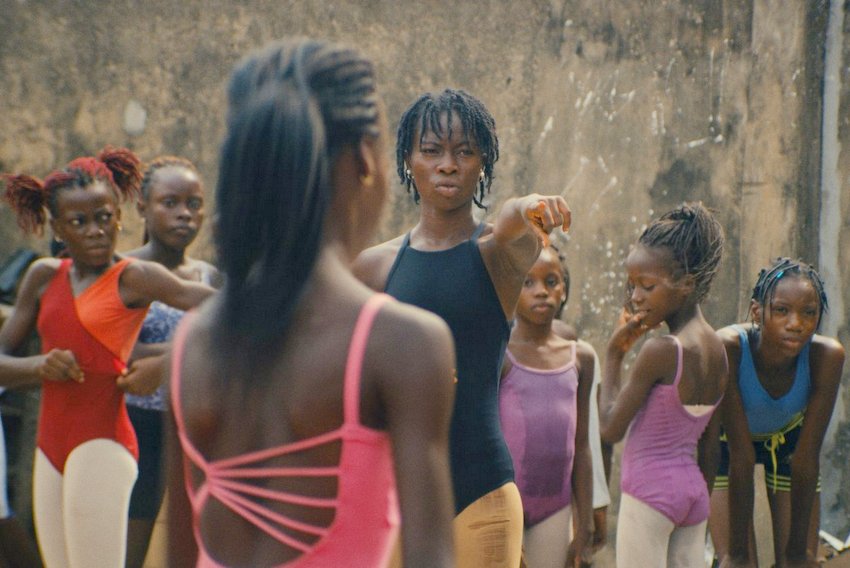
We spent 10 days in Ajangbadi, where Leap of Dance is based. The edit was an interesting push and pull, as we found the story threads that felt strongest, and then gradually pulled more and more dialogue out, in hopes of keeping it a little restrained. I’m always at risk of talking too much in my films, rather than letting the scene speak for itself. As our composer, Martin Velez, created music that would replace the temporary pieces, it made us think about how to refine the edit even more. All in, the post was about 4 or 5 months, working on a friends-and-favours schedule.
The film had a lot of talent working behind the scenes as DPs, sound designers, composers, etc. Why is diversity important both in front of and behind the camera?
Jacob Krupnick (JK): With this project, our team came together pragmatically: My creative partner and cinematographer, Soren Nielsen, came with me from the US, but the rest of our small crew was based in Lagos. I was keen on finding a female producer to work with, and had an unstoppable partner in Damilola Aleje. The crew was tiny.
Back in the States, we sought partners for a post who were inspired by the project and had something special to offer: Esteban Pedraza is a Colombian / American filmmaker who teased out an amazing story in the edit. Martin Velez is a composer who studied architecture, and has an astonishingly broad understanding of world music, instrumentation, and rhythms. To be honest: we sought people with diverse experiences who were ready to do miracles without a lot of money.
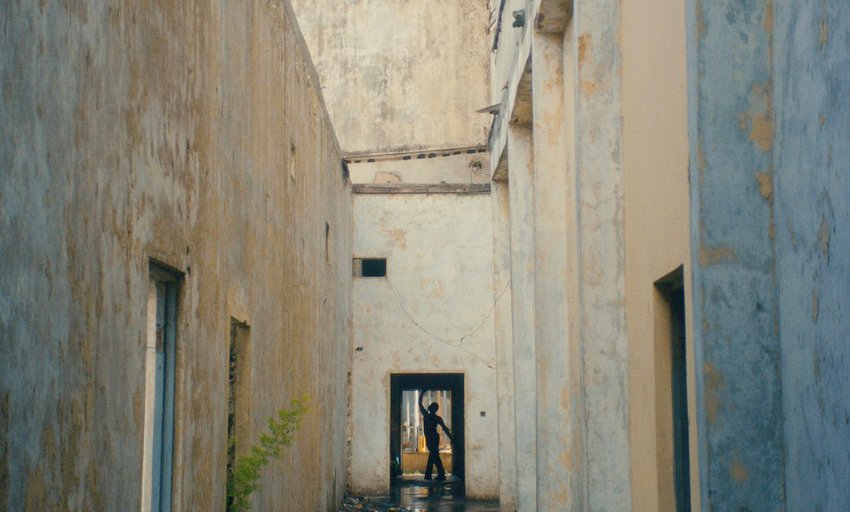
What are your goals with Then Comes The Body?
Jacob Krupnick (JK): I’m thrilled to see Then Comes The Body projected big and loud, but I also can’t wait for the day we release it publicly. In the meantime, I’m planning a private screening outside at the Leap of Dance Academy in Lagos so their community can see it the way people at Tribeca will.
What’s next for you? What are you working on right now?
Jacob Krupnick (JK): I’m currently building momentum for my second feature, which is a dance adventure that unfolds in several countries. I’ve been excited about this for a long time, and am just starting the next phase of development and fundraising. Wish me luck.
What would you recommend to a new director at the beginning of his/ her journey? Any special courses, workshops, helpful books they can read?
Jacob Krupnick (JK): As a young photographer, I had a few strong mentors who helped me learn both technique and how to conduct myself around subjects, clients, security guards, etc. When I transitioned into filmmaking, I really didn’t have any equivalent guidance, and it meant figuring out everything through trial and error and instinct. If you don’t have much of a film community to start with, do whatever you can to find an ally or mentor who you can work alongside and learn from. Preferably someone who isn’t prone to jealousy or egotism 😉
What advice would you give directors around the world?
Jacob Krupnick (JK): Resist the temptation to create work for contracting attention spans. The warpspeed crash edits of social media are an awful sugar rush for our brains. And while so much of what you see on TikTok and Insta is seductive as hell, there’s so much that leaves you dazzled but unfulfilled, just like a plate of chips.
Tell us what you think of the interview with Jacob Krupnick. What do you think of it? What ideas did you get? Do you have any suggestions? Or did it help you? Let’s have your comments below and/or on Facebook, Instagram, or Twitter.
Socials
Website
IMDb
Facebook
Twitter
Instagram
LinkedIn
Vimeo
FILMMAKER INTERVIEWS

